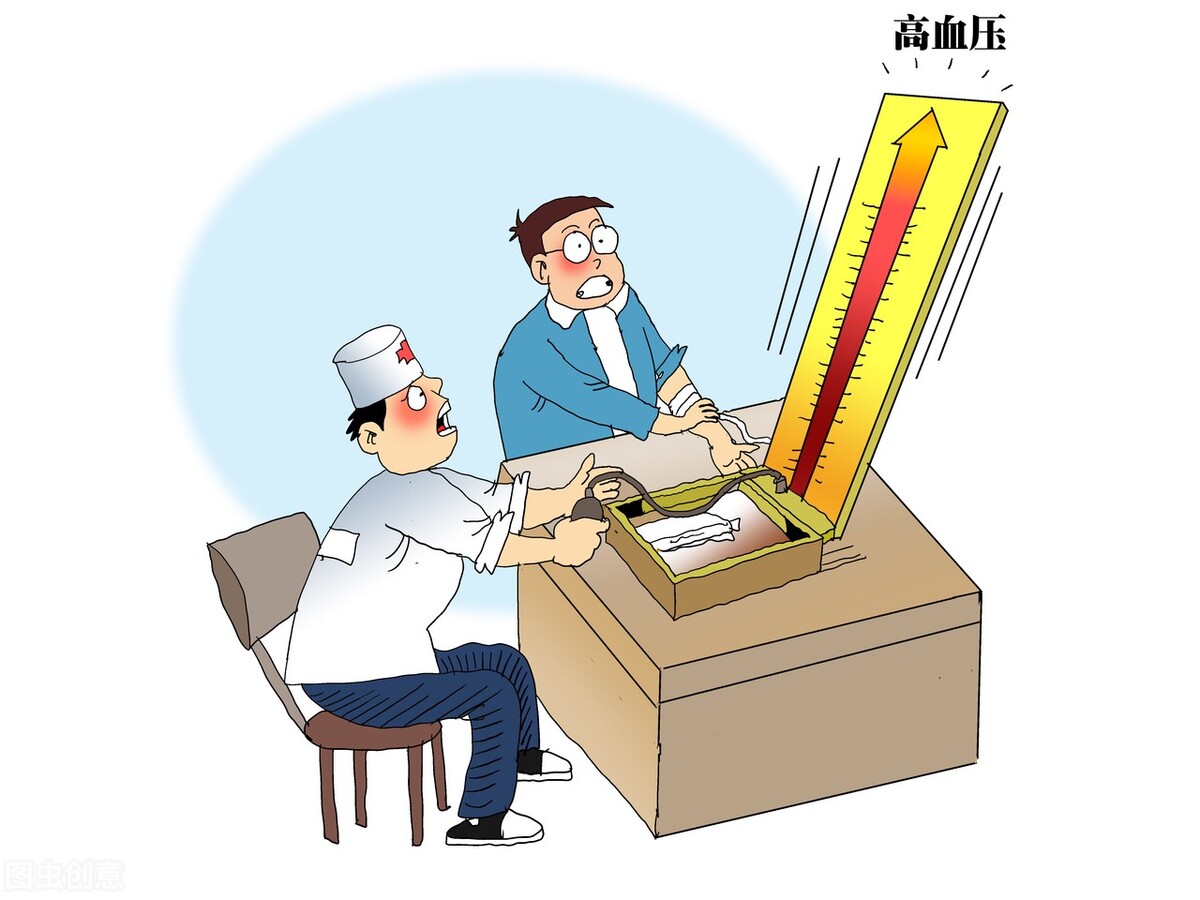While bowel cancer more commonly occurs in older people, rates of the deadly disease in people aged under 50 are going up.
A recent study in medical journal The Lancet Gastroenterology & Hepatology found that in Australia, between 2004 and 2014, the proportion of people aged under 50 diagnosed with colon cancer increased by 2.9% per year. The proportion of under-50s diagnosed with rectal cancer in the same period increased by 2.6% per year.
The study also found significant increases in other high-income countries, including the UK, New Zealand and Denmark.
Globally, the biggest increase in bowel cancer has occurred in the 20 to 29 age group. A recent European study, published in the journal Gut, found that between 2004 and 2016, the proportion of this group with bowel cancer increased by 7.9% per year.
Bowel cancer signs and symptoms
Bowel cancer, also called colon or colorectal cancer, can develop without any obvious symptoms. However — and no matter what age you are — there are warning signs to look out for, including:
- bleeding from the rectum or any sign of blood after going to the toilet
- a recent and persistent change in your bowel habits (for example, if you experience looser bowel motions, severe constipation or if you need to go to the toilet more often than usual)
- unexplained tiredness (a symptom of anaemia)
- unexplained weight loss
- abdominal pain
If you experience any of these symptoms, it does not necessarily mean you have bowel cancer, but you should still see your doctor (GP).
GPs can offer at-home screening tests every 2 years to people aged 45 to 49 who request it.
Bowel cancer screening
Routine bowel cancer screening involves a faecal occult blood test, or FOBT. To have the test, you collect samples of your stool (poo) to be analysed for tiny amounts of blood.
As part of the National Bowel Cancer Screening Program, FOBT kits are being sent to the homes of people aged 50 to 74. The aim is to have all Australians in this age group tested by 2020, and every 2 years after that.




